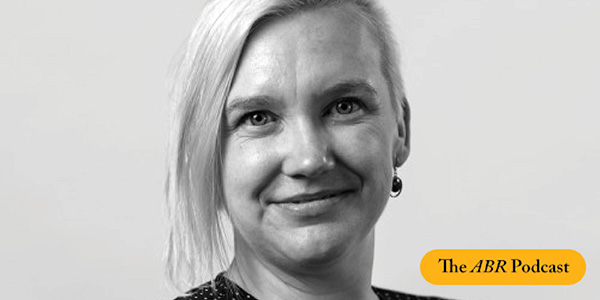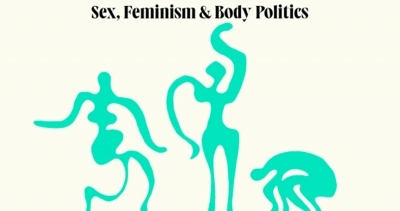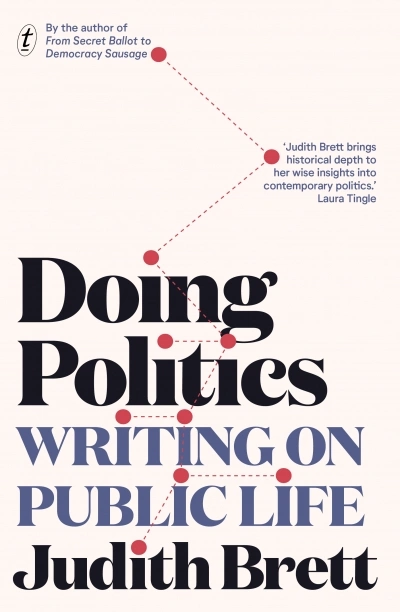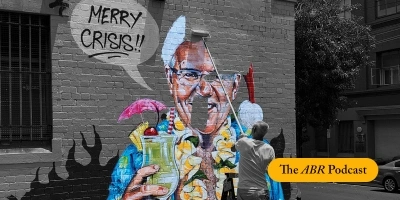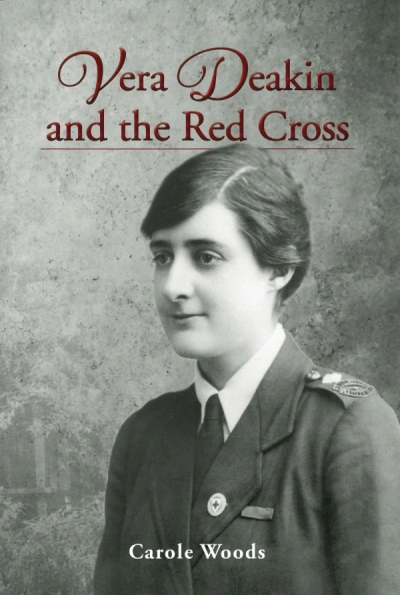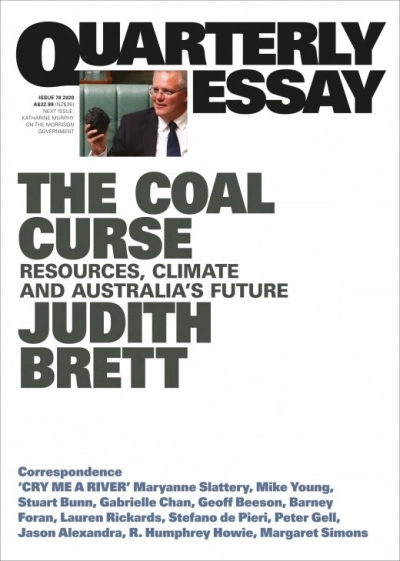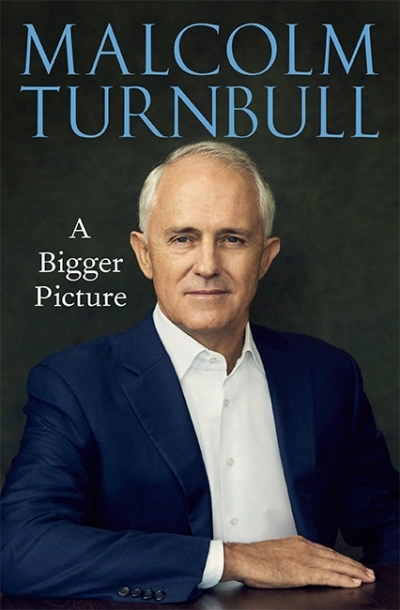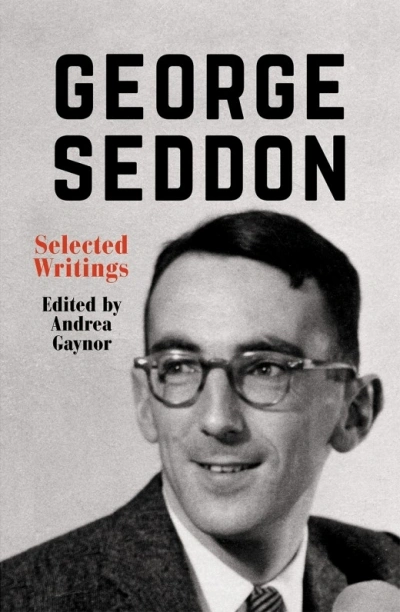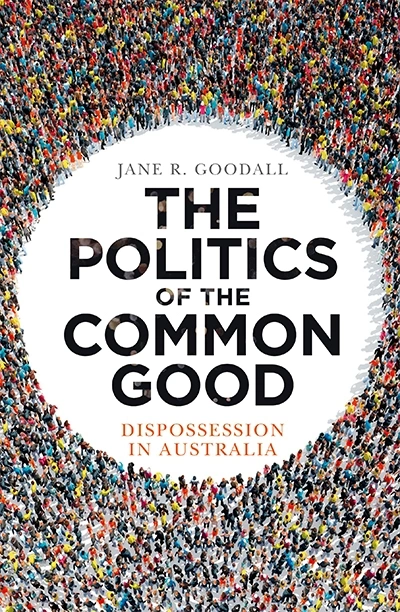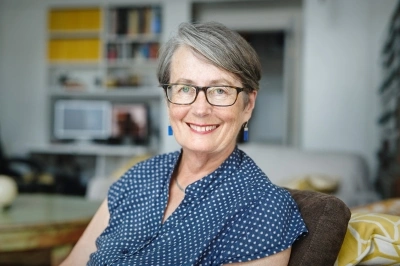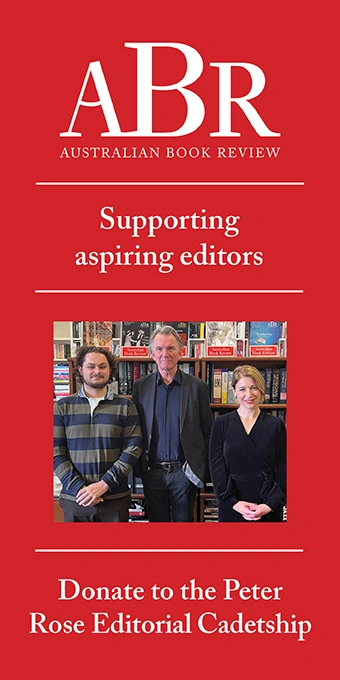Judith Brett
The ABR Podcast
Released every Thursday, the ABR podcast features our finest reviews, poetry, fiction, interviews, and commentary.
Subscribe via Apple Podcasts, Stitcher, Google, or Spotify, or search for ‘The ABR Podcast’ on your favourite podcast app.
‘Rejecting the system it created’: How Trump’s America is reshaping Australia’s regional relations
by Rebecca Strating
Recent episodes:
Fearless Beatrice Faust: Sex, feminism and body politics by Judith Brett
Scott Morrison has now been in office longer than any of his four predecessors, and yet what do we really know of the man? In today’s episode, political historian and commentator Judith Brett rounds out our picture of the prime minister by patching together recent profiles of the elusive ‘ScoMo’ by Annika Smethurst, Lech Blaine, and Sean Kelly. Brett identifies a host of traits – from his habitual blame-shifting to an ability to compartmentalise the Christian morality governing his private life – that have helped shape his political fortunes. Behind the veneer of ‘ordinariness’ lurks a pragmatic opportunist whose avoidance of scrutiny is itself now being scrutinised. This essay is the cover feature of our upcoming November issue, available to read in full from October 29.
... (read more)Scott Morrison has now been prime minister longer than any of his four predecessors: Kevin Rudd, Julia Gillard, Tony Abbott, or Malcolm Turnbull. He has won one election by the skin of his teeth and faces another by May next year. So what sort of man is he and how good a prime minister? These three publications give us slightly different takes on these questions.
... (read more)The Coal Curse: Resources, climate and Australia’s future (Quarterly Essay 78) by Judith Brett
The Politics of the Common Good: Dispossession in Australia by Jane R. Goodall
Camping at Thurra River in the Croajingalong National Park, swimming in its tannin estuary, cooking fresh fish, gossiping while walking its long white beaches, watching the sea eagles soar.
... (read more)

